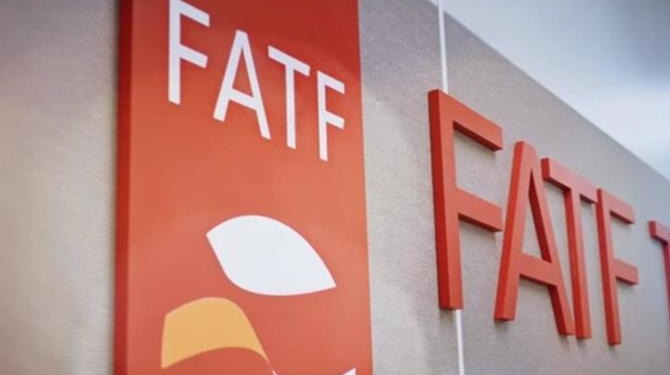By Richard Messick
This Guest Post is by Robert Barrington, Professor of Anti-Corruption Practice at the Centre for the Study of Corruption, University of Sussex (UK) and formerly the Chair of Transparency International’s International Council.
In recent years, anticorruption campaigners and policymakers have directed increased effort towards improving the global Anti-Money Laundering (AML) system.
Imagine this system were operating perfectly. Would it stop kleptocracy?
Of course not, no more than AML systems stop heroin production. AML laws and regulation are not designed to stop the acts that generate dirty funds; they are designed to stop the proceeds of crime from being disguised (laundered) and thus freely circulating around the world.
The more difficult question involves monies kleptocrats steal: if the global AML system were operating perfectly, would it stop these funds – the proceeds of corruption – from circulating around the world?
Two recent reports in the UK — from the Taskforce on Business Ethics and the Legal Profession and Spotlight on Corruption — answer the question with a resounding NO: when the proceeds of corruption derive from kleptocracy, when crooks have captured the state, the UK’s AML system is not capable of addressing these funds. To be clear, even if the current global AML system were operating perfectly, the UK would be unable to deal with the proceeds of corruption arising from state capture.
To date the research is confined to the UK context and UK law; it has yet to extend to other jurisdictions. But given what is known about the globalised nature of illicit financial flows, we might conclude that other jurisdictions are no better at this than the UK.
Even if we just look at the UK, these new reports highlight a challenge for anticorruption campaigners and policymakers, because an underlying assumption of their approach has been that improving the operational effectiveness of the existing AML regime will help stall the global flows of the proceeds of corruption.
To some extent this is true – but only in limited circumstances. And that is because at the heart of the global AML system lies the requirement that there should be a ”predicate offence.”
The AML system was created in 1989 by the Paris-based Financial Action Task Force (FATF) to address the proceeds of narcotics trafficking, to which preventing the financing of terrorism and countering the spread of weapons of mass destruction were later added. FATF’s Forty Recommendations, principles specifying how countries should implement an AML approach, are implemented at national level through a system of Financial Intelligence Units (FIUs), Suspicious Activity Reports (SARs) and domestic legislation. The premise underlying them is that there is i) a crime ii) which generates funds iii) that are then laundered.
This crime, termed a “predicate offence” by FATF, has the status of an original sin, in that all funds that arise from it, however or wherever they travel, are deemed “laundered.” As the FATF Guidance puts it: ”The offence of money laundering should extend to any type of property, regardless of its value, that directly or indirectly represents the proceeds of crime” (Interpretive Note to Recommendation 3).
Corruption analysts need to focus on those important terms ”crime” and ”predicate offence.” Without a crime or predicate offence, the FATF-based AML system does not apply.
Of course, FATF was not designed to tackle the proceeds of corruption. Organised crime and terrorism are its core concerns, and corruption is a related rather than primary consideration – one of 21 areas on a list of offences that the 180+ endorsing countries should consider criminalising. FATF itself acknowledges that corruption is tangential:
”The process of money laundering is to conceal that those funds [i.e. the proceeds of corruption and other activity] were generated from criminal activity. That is why the FATF Standards are so important to the fight against corruption. Although designed to combat money laundering and terrorist financing, when effectively implemented they also aid investigations into corrupt activity.”
For example, areas such as beneficial ownership transparency and asset recovery are clear overlaps between the FATF-based AML approach and tackling corruption.
But we also need to recognise that the proceeds of corruption are often different from the proceeds of crime. Sometimes corruption is criminalised in law, and so the funds that flow from that crime are being laundered in the FATF sense of the word. A simple example is when a bribe has been paid. Bribery is a crime; the funds paid as a bribe are the proceeds of crime; moving them around the financial system or transferring the cash into another asset is a second crime, the crime of money laundering.
But what about when corruption is not a crime? This will be familiar territory to those who specialise in corruption but sometimes comes as a shock to those in the legal community. The conditions where kleptocrats have control of, or in other words have “captured,” the state create circumstances in which vast quantities of assets can be accumulated with no apparent crime having been committed. It is not hard to do once you have captured the key institutions of the state. One classic mechanism is the privatisation of valuable state assets at knock-down prices to cronies of the President. Another is constructing public procurement processes in ways which make it easy to channel public funds to political favourites.













